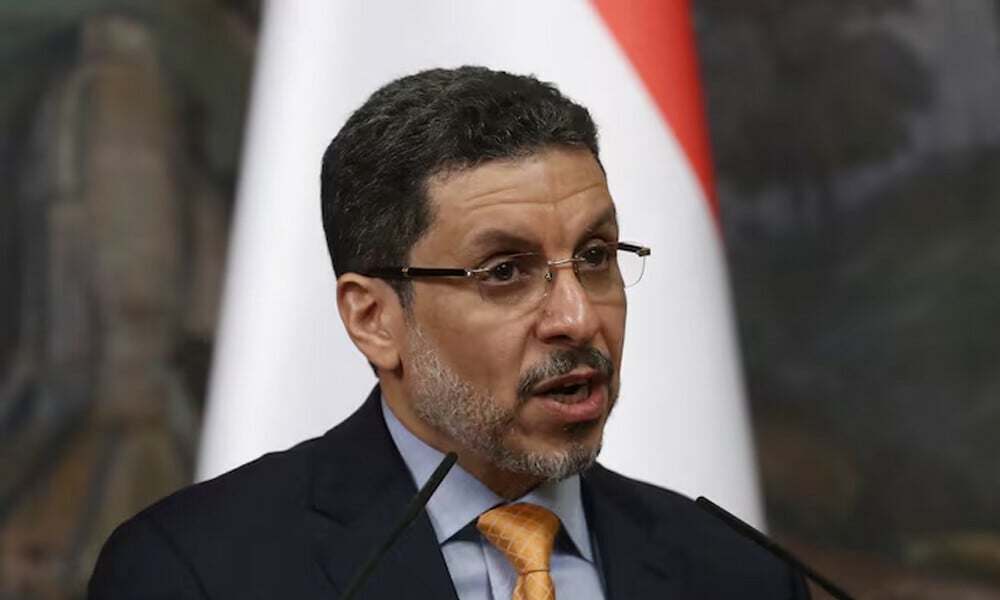Elon Musk and SpaceX are big winners in Donald J. Trump’s 2026 spending plan.
President Trump is delivering on Mr. Musk’s wish list at both NASA and the Pentagon to reorient federal spending on space in a way likely to drive billions of dollars in new business to Mr. Musk’s space technology company, if Congress signs off on the budget plan.
At the Pentagon, Mr. Trump is calling for a massive jump in spending, an extraordinary 13 percent increase, almost entirely through allocations in a Congressional budget reconciliation plan under consideration.
The jump would happen while many other federal agencies would be slashed, in part to supercharge federal spending in two areas where SpaceX is positioned to profit: a vast missile defense system and space missions to Mars and the moon.
Mr. Trump has proposed a Golden Dome defense system to track and kill missiles headed toward U.S. targets, possibly sent by China, Russia, North Korea or other rivals.
Pentagon officials say SpaceX is considered likely to be the top recipient of this burst of new spending, which alone could generate billions of dollars in new contracts for SpaceX.
That is because SpaceX manufactures both rockets that can launch military payloads into orbit and satellite systems that can deliver the surveillance and targeting tools needed for the project, which would require the largest military investments the United States has ever made in space.
Mr. Trump’s budget plan also calls for an undisclosed but large amount of new money for “U.S. space dominance to strengthen U.S. national security.”
SpaceX is already, by far, the largest recipient of Pentagon spending on existing military low-earth-orbit communications systems, and it gets the largest cut of Pentagon rocket launch contracts. Congressional approval for the plan to significantly expand this spending would be a giant win for Mr. Musk and SpaceX.
Mr. Trump’s proposed budget calls for Pentagon spending for 2026 to be $113 billion greater than for this year. But that increase would be come entirely from allocations Congress is considering via its reconciliation plan for the 2025 fiscal year, according to Todd Harrison, a senior fellow at the American Enterprise Institute and a former space industry executive, who pointed to a footnote in Mr. Trump’s plan.
NASA’s budget faces overall cuts in Mr. Trump’s plan, but there are increases that largely match SpaceX’s own corporation priorities.
The spending plan goes after Mr. Musk’s commercial rivals, calling for NASA to phase out funding for the Space Launch System, a rocket program being led by Boeing, and also the Orion astronaut capsule, being built by Lockheed Martin, which was part of three planned flights to take humans back to the moon.
Instead, Mr. Trump’s budget calls for “more cost effective commercial systems that would support more ambitious subsequent lunar missions,” an industry that SpaceX now dominates. Jeff Bezos’ Blue Origin, which has developed its own new rocket, also could be a big beneficiary of this shift, industry executives said Friday.
The NASA budget also calls for $1 billion in new spending to focus on a mission to Mars, which has been the primary driving force for Mr. Musk since he first started SpaceX. He is already building a new rocket, called Starship, to attempt to deliver on this plan.
“SpaceX’s handprints are all over this,” said Mo Islam, a co-founder of Payload, a commercial space news site. “I don’t see there is any other way to look at it. SpaceX is positioned to be the primary beneficiary of the majority of these budgetary moves.”
There are some items in the NASA budget that could result in declines in spending at SpaceX, such as less spending on the International Space Station, where SpaceX delivers both cargo and astronauts.
But SpaceX still will likely emerge the winner. It recently won a $843 million contract to “de-orbit” the space station when it is retired in 2030. And Mr. Musk has pushed Mr. Trump to speed up that retirement date.
“The decision is up to the President, but my recommendation is as soon as possible,” Mr. Musk wrote on his social media platform, X, in February.
In the 2024 fiscal year, SpaceX secured $3.8 billion in federal contracts, most of it from NASA and the Pentagon. The company has taken a total of $18 billion in federal contracts overall in the last decade, a New York Times analysis of federal contracting data shows.
The scale of the new government business expected for SpaceX — which had started to become clear based on policy shifts Mr. Trump has made since January — has drawn questions from Democrats in Washington. They have questioned whether Mr. Musk, who spent over a quarter of a billion dollars to support Mr. Trump’s last presidential campaign, is cashing in on his political contributions and his position as a top White House adviser.
Experts have long argued that NASA is too focused on an over-budget and behind-schedule moon program called Artemis, particularly the parts of the effort that rely on Boeing and Lockheed.
“It taints this now all with a suspicious of improper influence,” Mr. Harrison said. “Even if these are legitimate questions.”
#Elon #Musks #SpaceX #Billions #Trumps #Budget #Proposal #Approved










